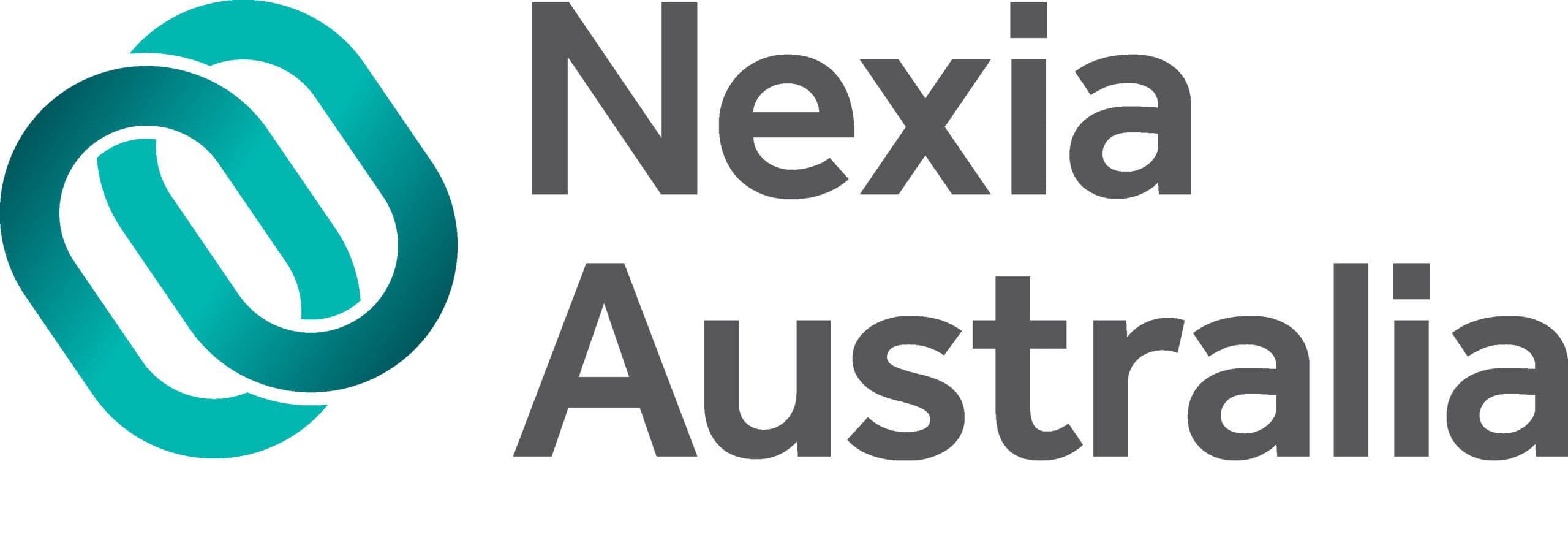New Year’s Financial Health Check – What You Need to Consider
Given the ever-changing year of 2020, it has never been more important to review your financial situation, and the start of the year is the perfect time to do this.
Just as you would get your car checked yearly, or your physical health checked on a regular basis, it’s important to set aside time to for a financial health check. This will ensure you are still on track for your future financial goals.
Nexia Sydney’s Senior Financial Advisor, Christine Atencia, shares 8 key considerations you need to take into consideration when reviewing your financial situation, so you can have confidence that you are well placed for continuing to meet your goals for 2021 and beyond.
8 Strategies you need to consider:
1. Do you have financial goals in place?
We all have goals we want to achieve. As a financial adviser, some goals we commonly see are:
- Self-funding retirement and ensuring that there is enough capital built up to sustain the lifestyle and standard of living desired
- Helping children out by funding private education, or providing a lump sum to their children to help them out for a house deposit
- The desire to explore and see the world, and making provision for large bi-annual overseas holidays
- Building up a deposit to save for their first home
- Making sure their loved ones are financially secure in the event of death or disability.
The above examples can be categorised into short-term, medium-term, and long-term goals.
“New year’s resolutions” is a term that some may like to call their short term goals. But why do 92% of people actually never achieve them? Perhaps it’s because they don’t set goals that are S.M.A.R.T. To ensure you are meeting your goals, a great tip is to ensure you have a structure
Specific Do you know what you want to accomplish? Goals must be well defined, clear and unambiguous
Measureable Can it be tracked? Define specific criteria for measuring progress
Achievable Is it a challenge or is it unachievable? It can be challenging, but ensure goals are not impossible to achieve.
Realistic Is it within your reach and do you truly believe you can accomplish it?
Timely Is there a deadline? By failing to set a target date, you won’t take action towards achieving them.
2. Evaluate your personal circumstances
Reflect on any events or milestones that have occurred, as well as whether any of your goals have changed. Examples include:
- New job
- Finished studying
- Pay rise
- Change in career
- Purchased a property
- Marriage
- Children
- Divorce
- Death of a family member
How do they impact your longer term plan? Are you still on track?
3. Reviewing your budget and cash flow
How often have you reviewed your budget and cash flow; every year, or better yet, every month?
Do you end up with a surplus or a deficit? Are you happy with the net position?
Do you have an emergency fund that you can dip into for unexpected expenses?
A great tip is to categorise expenses according to necessary and the discretionary, and ascertain whether there are items that can be reduced or eliminated.
4. Evaluating your debt
Are you happy with the debt you have in place? Have you structured your debt in the most effective way possible, and are you aware of the interest rates on your debt?
A good idea is to categorise all debts into efficient (debts such as home loans and investment loans), and inefficient debt (credit cards, personal loans, car loans). Focus on eliminating any inefficient debt as a priority, by doing this it will strengthen your surplus position, so there is more going towards your wealth accumulation.
5. Ensuring your family is covered
There is no point in having a plan in place, building up a stable financial future for you and your family, only to have it deteriorate in an instant because you don’t have the right protection in place.
We’re generally quite comfortable with insuring our physical assets such as our home, and our car, and also quite good at making sure we have enough cover for it.
But do you also have cover for the really important assets in your life, like your family’s well-being, your income, your children, and your ability to generate income?
This is where personal insurance such as life, permanent disability, income protection, and trauma insurance becomes extremely valuable. You are essentially paying for peace of mind that your most important assets are financial secure and taken care of if anything unexpected should happen to you.
For those who are unfamiliar with trauma cover, it’s designed to pay a lump sum if you suffer a major medical illness, with the three most common being cancer, heart attack, or stroke. This is very important as a means of providing funds to ensure you can afford the best possible medical treatment if you’re ever in this situation. And for those of you who have minor children, you can also cover them under the same policy.
6. Review your current strategy
Is the current structure and strategy you have in place the most effective and appropriate for you to reach your goals?
Are you using the most effective vehicle/s to get you to your ultimate destination and have you taken into consideration tax implications, cash flow issues, estate planning, accessibility and flexibility?
Three common strategies are maximising super, versus investing, versus paying down debt. Deciding which is best to achieve your goals is ultimately dependent on your personal circumstances
7. Is your current investment strategy in line with your risk profile, cash flow, and timeframe requirements?
Are you comfortable with your investment strategy or is it time to review and consider the following:
- Whether or not the strategy is in line with your risk tolerance, i.e. how much investment risk you are willing to take on in pursuit of your longer-term objectives
- Whether or not it meets your cash flow requirements, as well as your investment timeframe
- A diversified strategy that is invested in a range of different asset classes to safeguard and reduce volatility
- Liquidity and the ability to sell assets should you require funding
- A balance between income-producing assets that meet your income requirements, as well as sufficient exposure to growth-oriented assets that provide for longer-term growth
- Tax effectiveness of investments
6. Review your current strategy
Is the current structure and strategy you have in place the most effective and appropriate for you to reach your goals?
Are you using the most effective vehicle/s to get you to your ultimate destination and have you taken into consideration tax implications, cash flow issues, estate planning, accessibility and flexibility?
Three common strategies are maximising super, versus investing, versus paying down debt. Deciding which is best to achieve your goals is ultimately dependent on your personal circumstances
Finance and Lending
Related Reading
Finance and Lending
Related Reading
Talk to a specialist
If you have any questions about your finances and lending please feel free to reach out to your Nexia Advisor for a complementary consultation.

Christine Atencia
Senior Financial Adviser
Christine Atencia is a Senior Financial Adviser and an Authorised Representative of Nexia Sydney Financial Solutions Pty Ltd, with a strong academic background, both graduate and post-graduate, in accountancy and financial planning.
Striving to achieve client objectives, Christine believes each client should be fully informed of available options to best suit their financial situation. She then sees her role, as an adviser, to work through the relative merits of each strategy to determine the most appropriate way forward based on each client’s goals.
Interested in talking to us?
Get in touch below for a free initial consultation with a Nexia Financial Adviser to discuss your cash flow situation and start planning for your financial goals today.

